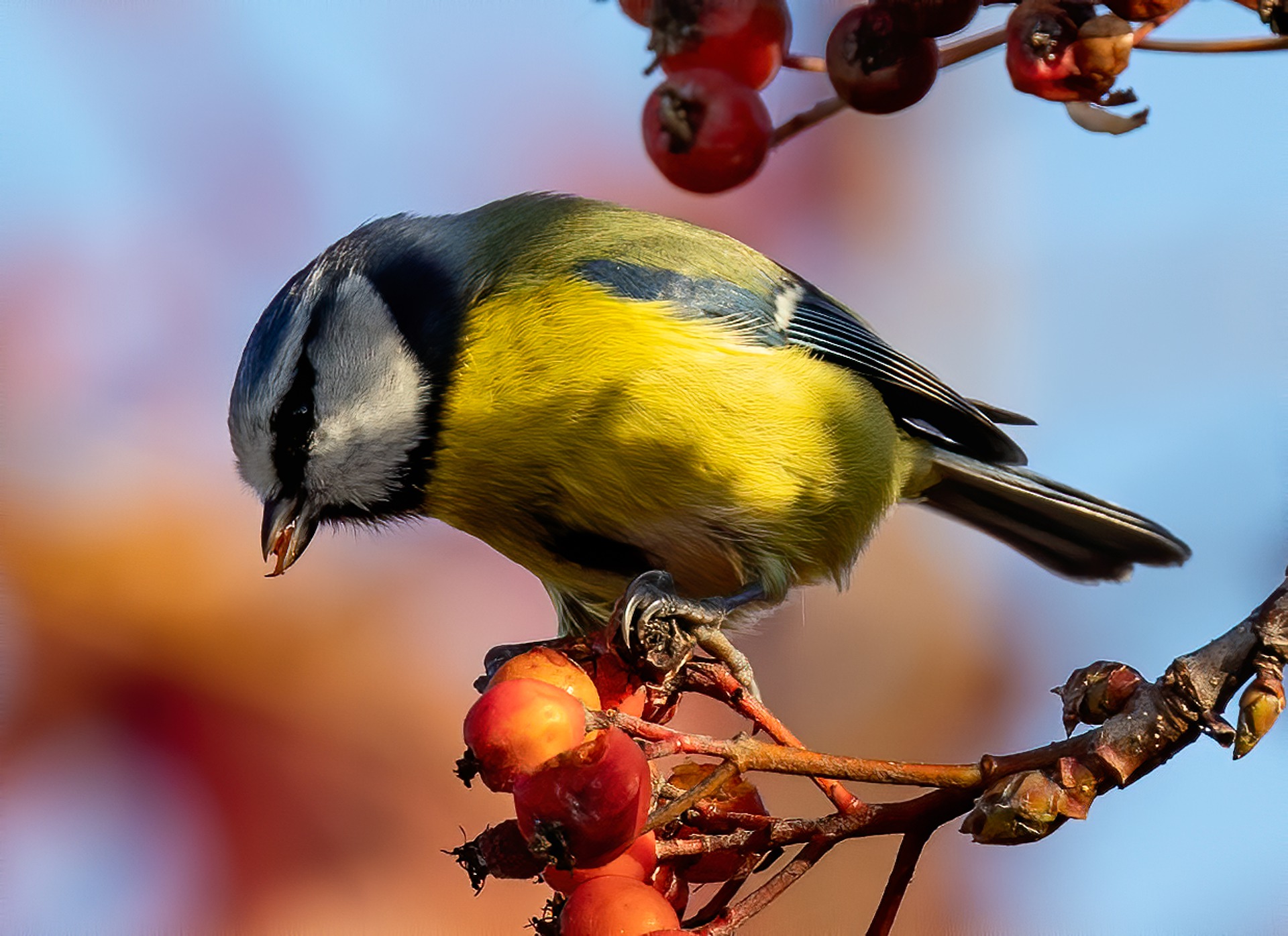
The days in which we find ourselves are unprecedented and the minds of many people are filled with anxiety. The great uncertainty of Brexit and what the possible outcomes might be are a thing of the past. Now the questions occupying our minds are: Will I succumb to the coronavirus? Will it touch members of my family? Am I among the elderly or the more vulnerable among the population? Will I manage financially on a reduced income? Will the necessary commodities be available to feed and to care for my family and myself? Consequently, many people worry and this is often true of ourselves, the Lord’s people, although we should know better than to do so.
The word rendered “care” in the New Testament is used in a dual sense; on the one hand, the use of the word is very commendable. So one example of the commendable employment of the word is 1 Corinthians chapter 12 verse 25: “but that the members should have the same care one for another”. The section 1 Corinthians 12 verses 12-31 deals with the organic unity of the local assembly as illustrated by the human body.
There is a great need for the sympathetic consideration the one for the other in the assembly. In this part of the chapter, we learn that God’s arrangement of the body was designed to produce harmony and not division, care not unconcern. Each member of the physical body does its part to ensure the wellbeing of the whole. Notice the expression “the same care”; this indicates that there is no partiality among the members; each has the same “anxiety”, the same depth of concern, for the wellbeing of all. We must not be prejudiced and carry this concern only for our particular friends.
But there is also an unnecessary anxiety and to this we will now give some thought. The Lord Himself speaks much of it in the so-called “Sermon on the Mount” and although the word is rendered in the KJV as “take no thought”, in each case the idea is that of anxious thought or worry. The Lord Jesus draws attention to two things the provision of which may cause people to worry, namely food and clothing. Let us use one of these commodities by way of illustration; for the child of God may learn lessons from nature.
With reference to food, the Lord Jesus says, “Behold the fowls of the air: for they sow not” (Matthew 6 verse 26) – they have no employment; “neither do they reap” – they have no fixed income; “nor gather into barns” – they have no reserves – yet they are fed by a heavenly Father. “Are ye not much better than they?” or “Are ye not much more excellent than they?” (JND). Will He not therefore much rather feed us? They have a transient existence, we an eternal. Besides this, we are blood-bought, something which cannot be said of any other living creature.
We ought not to be anxious about such things, because nature tells us that God cares and God provides. The word of God also declares what we would not otherwise know, “your heavenly Father knoweth that ye have need of all these things” (Matthew 6 verse 32). Our Father knows our needs (as distinct from our wants – which He also knows, but they have different treatment). Paul reminds us “We brought nothing into this world, and it is certain we can carry nothing out. And having food and raiment let us be therewith content”
(1 Timothy 6 verses 7-8).
The disclosing of our affairs to God is described in the following way by Peter, “Casting all your care upon him; for he careth for you” (1 Peter 5.7). We need to do figuratively what the disciples did literally when they brought the colt for the Lord to ride upon, “they cast their garments upon the colt” (Luke 19 verse 35). Although this is easier said than done, it is the way of peace. These disciples laid hold of the garments, cast them upon the colt and let them go. We can have every confidence to do just that, “for he careth for you” or as one has rendered this “it matters to Him about you”. Our anxieties are a burden we would be glad to be rid of. But his care (of forethought and interest) is a delight to Him.
David E West.